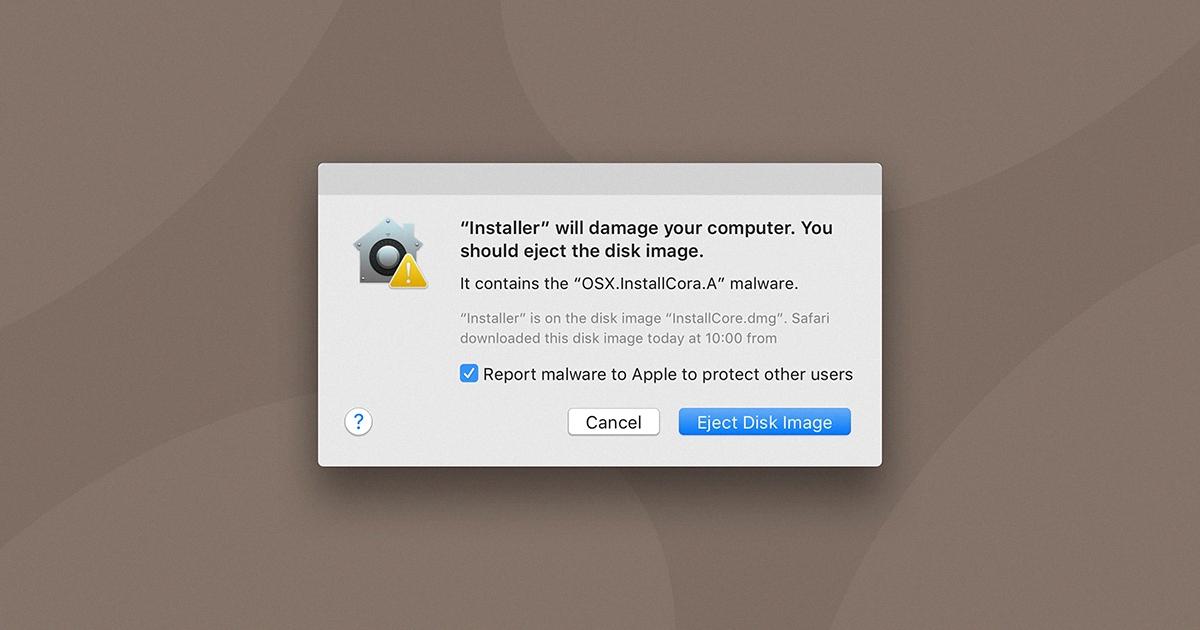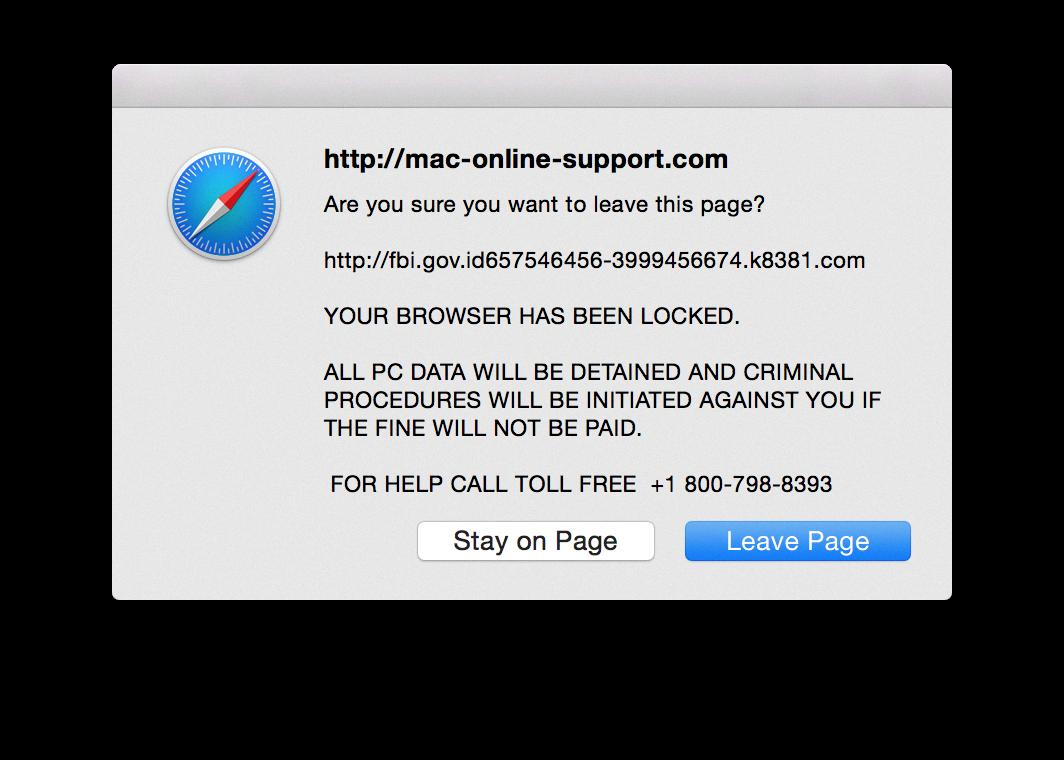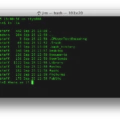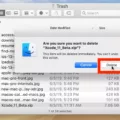It’s a common misconception that Safari can get a virus, but this isn’t true. As the default browser on Apple devices, Safari is designed to be safe and secure. That being said, it’s important for users to remember that no browser is 100% foolproof and there are still risks when browsing online.
While it’s highly unlikely for you to get a virus from using Safari, there are still potential security threats that you should be aware of. For example, malicious websites may try to install malware onto your device or phishing emails may attempt to steal your personal information. To protect yourself from such threats, it’s important to practice safe browsing habits when using Safari.
Start by only visiting websites that you trust and avoid clicking on links or ads on sites you don’t know. Be wary of any suspicious-looking websites or emails and if you do get an alert while in Safari, close the browser immediately. Additionally, keep your software up-to-date as new updates often contain security patches.
while it is highly unlikely for Safari to have a virus, there are still risks associated with browsing online and it’s important for users to take steps to ensure their safety when using the web browser. By following best practices and keeping your software up-to-date, you can help ensure that your data remains secure while browsing the web with Safari.
Does Safari Pose a Risk of Viruses?
No, Safari does not have a virus. However, it is possible to get your iPhone infected via Safari if you click on links or ads from websites that you don’t trust. To prevent this, it’s important to avoid clicking on suspicious-looking websites and links. Additionally, make sure your device is running the latest version of iOS and has up-to-date antivirus software installed for extra security.

Source: macpaw.com
Safari Warning of a Possible Virus
Safari is likely warning you about a virus because you are attempting to access an unsecured website. It’s possible that the website has malicious software or viruses embedded in it, which could potentially harm your device if accessed. To be safe, it’s best to avoid visiting such websites and to close the Safari browser app immediately.
Signs of an Infected Safari Browser
If you’re using Safari and notice any of the following, there’s a chance your browser is infected with the malware:
– Your homepage or search engine has changed without your consent
– You see pop-up ads and unwanted advertisements not originating from the sites you are browsing
– You experience difficulty in closing tabs or windows
– Your browser is running slowly or crashing more often than usual
– You experience frequent redirects to unfamiliar websites
If you suspect your Safari browser may be infected, it’s important to take action right away. Consider scanning your device with reliable anti-virus and anti-malware software. Additionally, ensure that all software on your device is up to date, as outdated applications can leave you vulnerable to attack.
Can Malware Be Transmitted Through Safari?
Yes, it is possible to get malware through Safari. Malware can come in the form of malicious code in websites, phishing emails, or pop-up windows. If you visit a website that contains malicious code, it can be downloaded and installed on your device without your knowledge. Additionally, if you click on a link in an email or pop-up window that leads to a malicious website or download, your device can be infected with malware. To protect yourself from malware when using Safari, make sure to only visit trusted websites and avoid clicking on suspicious links.

Source: support.intego.com
Removing a Virus from Safari
If you think your iPhone Safari has a virus, the first thing you should do is clear your browsing history and website data. To do this, go to Settings > Safari, then tap on Clear History and Website Data. Doing this will remove any malicious links or websites that may have caused the virus in the first place.
If clearing your browsing history and data doesn’t fix the issue, it’s recommended that you install an anti-virus app from the App Store to scan your device for any malicious software. Once any viruses have been identified, the anti-virus app should be able to remove them for you. It’s also important to stay vigilant when using Safari by avoiding suspicious links and websites, as well as only downloading apps from trusted sources like the App Store.
Removing Malware from Safari
Removing malware from Safari on your Mac is a relatively straightforward process. First, open Safari and select Preferences from the drop-down menu. Next, select the Extensions tab and look for any browser extensions that seem suspicious or unfamiliar. If you find any, select them and click Uninstall to remove them from your browser. It’s also important to keep your Mac up-to-date by regularly running software updates and installing anti-virus software. Doing so will help protect your computer from future malicious attacks.
Removing a Hijacker from Safari
Removing a hijacker from Safari can be done by following these steps:
1. Open the Safari browser and click on the “Safari” menu in the top left corner of your screen.
2. Select “Preferences” from the dropdown menu and then select the “General” tab.
3. Check to see if the Homepage address is suspicious or not. If it is, change it back to a trusted address.
4. Select the “Search” tab and check to see if your search engine has been modified by a hijacker. If so, reset it back to your preferred search engine.
5. Select the “Extensions” tab and check for any suspicious extensions that may have been added without your knowledge or consent; if any are found, uninstall them immediately.
6. Finally, make sure you run an up-to-date anti-malware scan on your computer to ensure that all traces of any hijacker have been removed completely and securely from your system.
Removing Viruses from a Browser
The best way to get rid of a virus on your browser is to use reliable antivirus software that is designed specifically for online protection. Be sure to scan your computer regularly with the software and keep it updated with the latest security patches. Additionally, you can check for malware manually by opening Chrome and going to Settings > Advanced > Reset and clean up > Clean up computer > Find. If you’re asked to remove unwanted software, click Remove and reboot your computer if necessary.
Does Apple Detect Viruses?
No, Apple will not tell you if you have viruses. Viruses and other forms of malware can only be detected by specialized security software that is installed on your device. While Apple does provide some basic security features on its devices, it does not offer virus detection or removal services. If you are concerned about the safety of your device, we recommend installing a reputable antivirus program from the App Store and running regular scans.
Do I Need Antivirus Protection on Safari?
Though Safari includes several built-in security features that help protect your browsing experience, it’s still important to use antivirus software on your Mac. Antivirus software can protect against malicious websites, phishing attempts, ransomware, and other malicious threats that could otherwise go undetected. It can also help protect against viruses, which are not blocked by Safari’s built-in security measures. Additionally, antivirus software can help keep your data safe by scanning for suspicious activities and alerting you if it detects anything out of the ordinary. Using antivirus software in conjunction with Safari’s security features will give you the most comprehensive protection against malicious threats while browsing the web.
Conclusion
In conclusion, it is highly unlikely that Safari has a virus. iOS is a closed ecosystem that prevents viruses from spreading or stealing data. However, it is still possible for malicious programs and viruses to get into Safari through unsecured websites. To stay safe, it’s important to avoid clicking on any links or ads from websites you don’t trust and be wary of any suspicious-looking sites. If you do see a virus warning while browsing with Safari, it’s best to close the browser app immediately.








